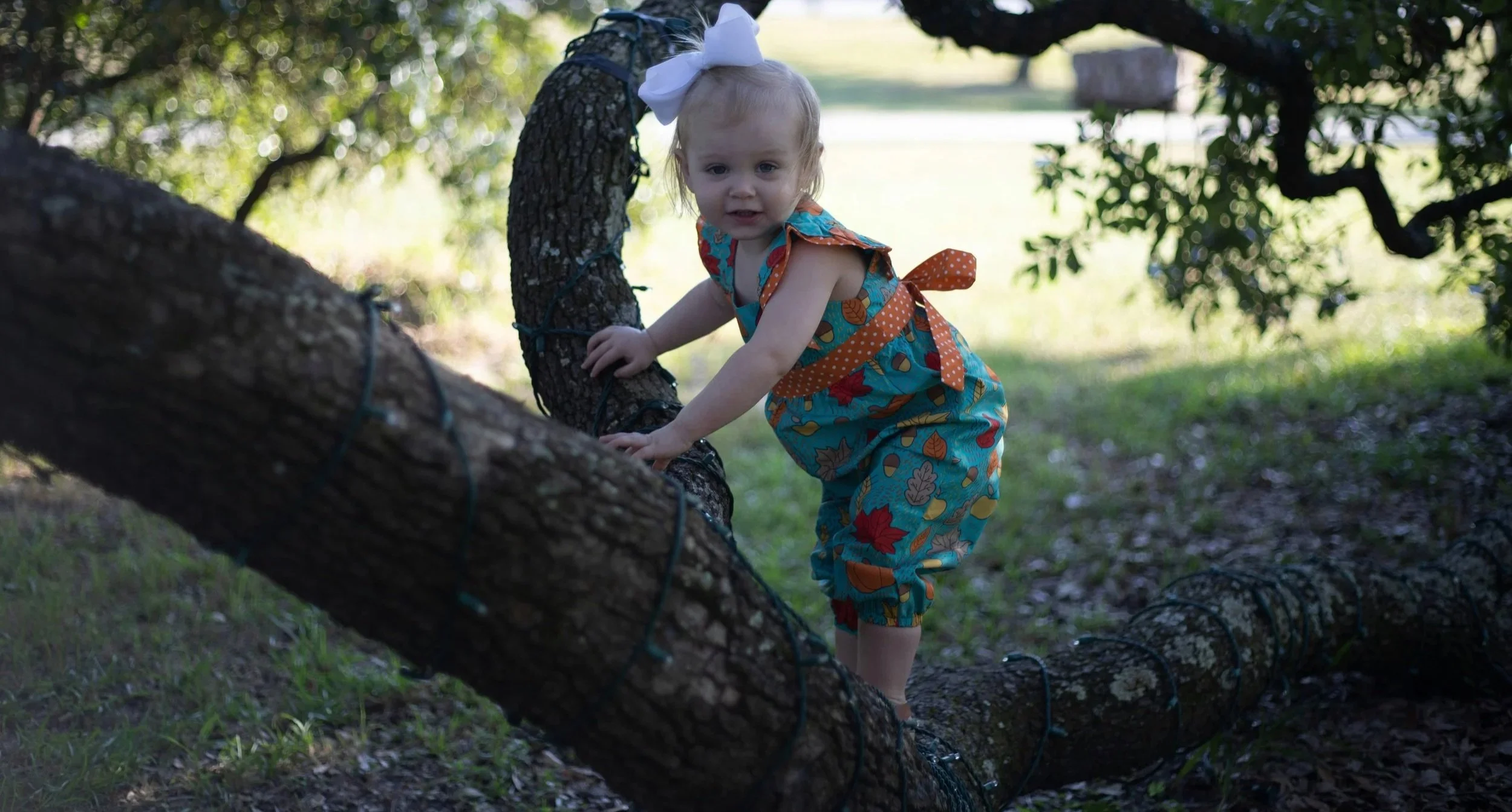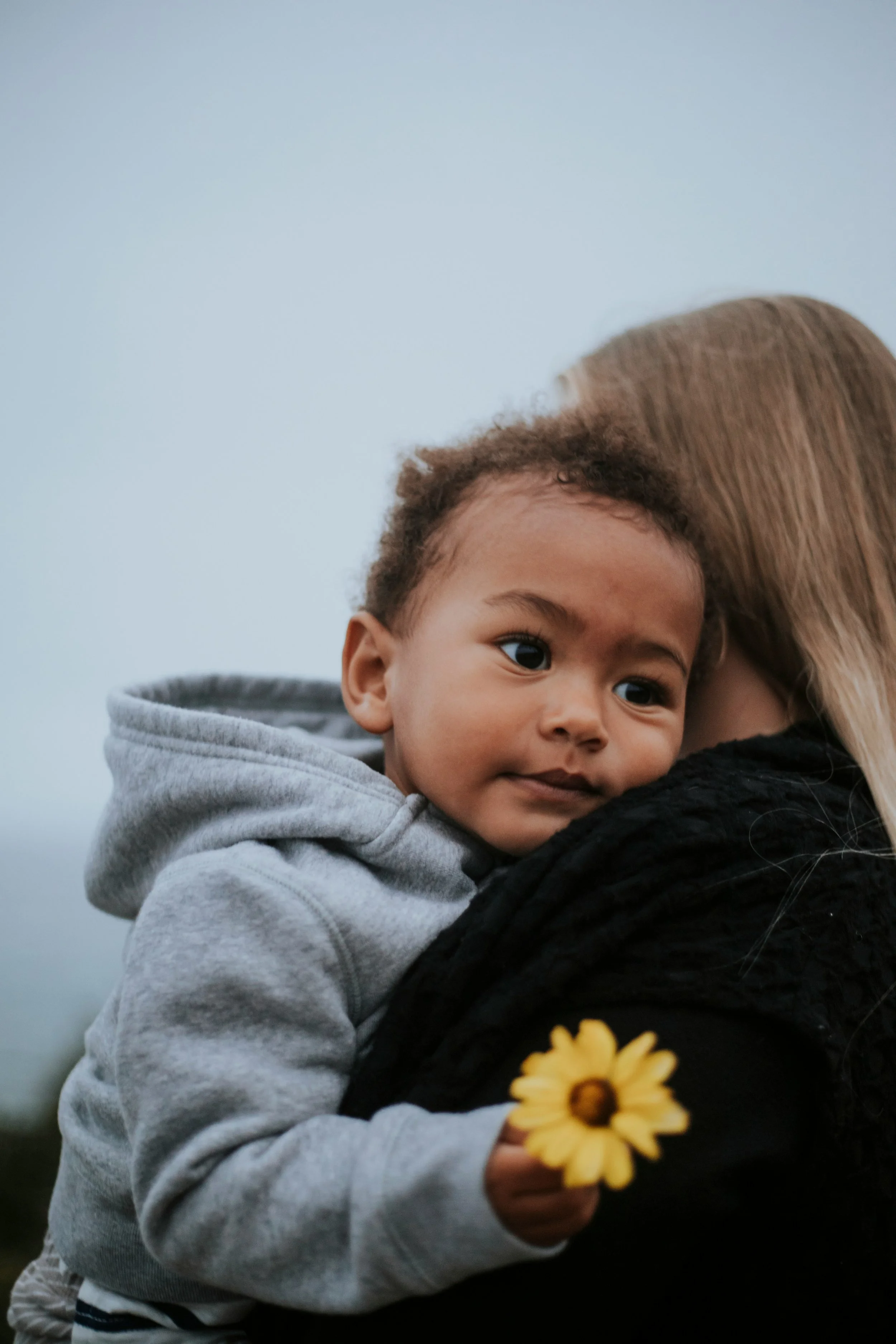
Little bodies hold big stories.
Let’s listen to yours, together.
Because your Little One is communicating — even if you can’t yet decipher the message.
Therapy for infants & Toddlers
and their caregivers
Online In Montana & In-person in missoula
You’re exhausted.
You love this tiny human more than anything,
and still, this season is…a lot.
Maybe sleep is a battleground.
Maybe feeding feels fraught.
Maybe your baby’s cries feel too big, too frequent, too mysterious.
Maybe your toddler melts down over things that shouldn’t matter — but somehow do.
And while you adore your child, you might also feel overwhelmed, confused, guilty, or quietly terrified you’re doing something wrong.
You’re not. You’re simply under-supported.
None of us are meant to parent alone, least of all while sleep-deprived, touched-out, and trying to decode a creature who can’t yet say what they need.
Take a breath.
You’re in the right place.
Tiny humans have big stories.
Infants and toddlers don’t use words (at least, not very many), but they communicate constantly — through their bodies, their rhythms, their clinginess, their startles, their sleep (or… lack of).
And yes — their earliest experiences shape them.
Sometimes their distress is less about “behavior” and more about something they lived through:
Birth that was fast or frightening.
A difficult pregnancy.
Medical procedures.
A NICU stay.
A sudden separation.
A moment when YOU felt afraid.
Babies don’t need to remember events with words for them to leave an imprint.
Their bodies remember.
This isn’t about blame. It’s about understanding.
Sometimes the shift comes from something simple.
I’ve helped parents discover
that their baby’s struggle wasn’t “just colic” or “just fussiness,”
but a response to something that happened at birth — a moment when they felt stuck, scared, overwhelmed…
or when you did.
Sometimes, all it takes is helping you make sense of that story and then guiding you through a simple, heartfelt conversation with your baby.
And something softens.
They settle. They feel seen, understood, known.
You both breathe differently.
I never stop being humbled by that.
Sometimes, of course, there’s more to it — more layers, more support needed.
That’s okay.
We take it one gentle step at a time.
You get to feel held, too.
I help parents:
Understand what their baby is trying to communicate
Make sense of birth + early experiences
Build confidence in reading cues
Know what to say (and when silence is wiser
Find steadiness inside themselves so their baby can borrow it
Sometimes the work starts with supporting you, because you are your baby’s home.
Your baby is not the only one
who needs attunement, safety, and care.
I’m here for you — your fear, your grief, your confusion, your intuition, your knowing, your birth story.
You deserve a place where you can talk honestly about how hard and beautiful this all is — without judgment, comparison, or pressure to “enjoy every moment.”
How I work
I bring decades of training in:
prenatal + perinatal psychology,
somatic approaches,
trauma-informed attachment support
Synergetic Play Therapy
Infant and Child Centered Family Therapy
and the art of listening deeply—-
to the babies, toddlers and the grownups who love them.
There is no one-size-fits-all plan here. Every family has its own story, and every Little One has their own way of healing.
Together, we explore what your baby is communicating — through movement, sleep, feeding patterns, proximity, tone, energy — and what YOU are sensing, fearing, remembering.
We slow down.
We invite safety.
We follow your baby’s lead.
We support your nervous system so you can support theirs.
This work lays a foundation: for trust, connection, resilience, and a relationship where both of you feel secure.
A new chapter can begin here.
There is nothing wrong with your baby. And nothing wrong with you. You are both doing your best with the story you’ve lived so far. Sometimes you just need a guide — someone who can help translate what’s happening, so you can meet your Little One with confidence, clarity, and presence.
It’s not about fixing them. It’s about understanding them.
And helping you feel more like you again.
A gentle beginning is still a beginning.
You don’t have to do this alone.
Infants and toddlers feel everything around them. A small caseload means I can meet your child with calm, steady attunement — giving them the safety they need to settle, connect, and grow.
Your infant or toddler might benefit from therapy if:
Cries more than 30 minutes a day
Struggles to fall asleep or stay asleep
Arches away from your body instead of melting into your arms
Has difficulty accepting a nipple (breast or bottle)
Seems withdrawn or disengaged much of the day
Avoids or struggles to maintain eye contact
Shows stiff, jerky movements
Collapses into bed exhausted after struggling to maintain focus all day
A GENTLE REMINDER FOR PARENTS
You don’t have to do this alone. Parenting a baby or toddler can be one of the most rewarding—and one of the most overwhelming—seasons of life. With the right support, your child can build new patterns of safety and connection, and you can find your footing as a parent.
This work is about strengthening your bond, restoring balance, and giving both you and your child the foundation to thrive.
FAQs
-
Yes, always. At this age, infants and toddlers aren’t yet fully separate from their parents or primary caregivers—their nervous systems are still developing in connection with yours. That means the challenges and stressors they’re experiencing involve the whole family, and the healing work needs to include everyone.
The only rare exception might be with an older toddler (around age two) who has experienced a specific traumatic event and feels comfortable being in the playroom without a parent present. Even then, parents remain an essential part of the overall process.
-
Therapy for very young children looks different than it does for older kids or adults.
Babies and toddlers don’t talk about what’s happening for them, they show it—through movement patterns, play, body language, emotions, and their interactions with you.
In sessions, we slow things way down, and I attune closely to your child’s cues, while also working with you to notice patterns and build tools for co-regulation.
Sometimes sessions are playful and light; sometimes they involve holding space for big emotions together. -
Because infants and toddlers haven’t yet built years of ingrained patterns, therapy at this age can move more quickly than it does with older children or adults. Sometimes we see shifts in just a few sessions. Other times, especially if parents’ own histories or stress are part of the picture, it may take longer. Either way, the goal is to create lasting changes that support both your child and your whole family system.
-
Both. Your child’s healing is deeply connected to your nervous system and your relationship together. That means my work often involves supporting you as much as supporting your child—whether that’s helping you regulate when your child is melting down, building new rhythms at home, or exploring how your own early experiences may be activated in parenting.
-
Therapy for infants and toddlers can help with:
Persistent crying or difficulty soothing
Feeding challenges (breast, bottle, or solid food transitions)
Sleep struggles or frequent night waking
Bonding and attachment difficulties
Developmental regression or withdrawal
Trauma from birth complications, relinquishment from a biological or first mother, medical procedures, or separation from a caregiver
Emotional overwhelm in parents that makes connection harder









